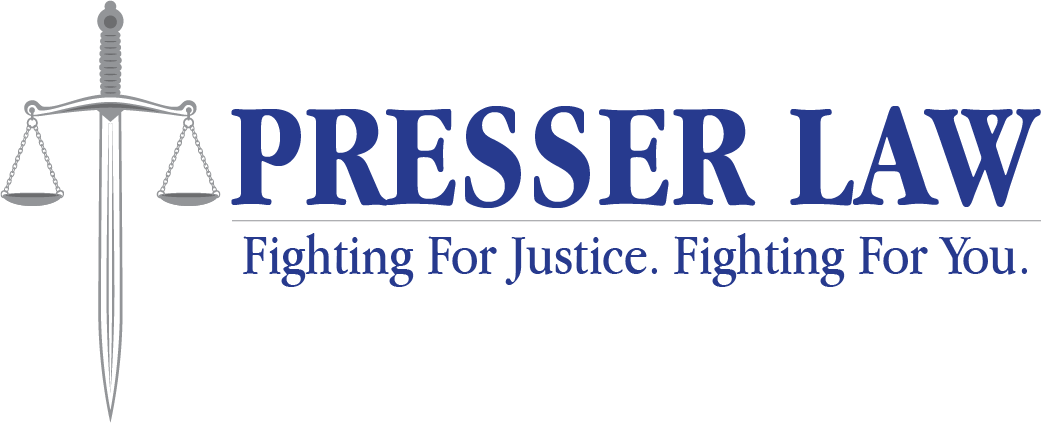
In most types of civil litigation and essentially all litigation pertaining to personal injury, a plaintiff’s objective in initiating a legal action is to recover compensation. As a personal injury lawyer can explain, the compensation that a plaintiff seeks is the sum total of his or damages. They consist of all of the financial harm and non-economic hardship that result from an injury.
Economic Redress
A serious personal injury is likely to result in considerable cost to accident victims. Emergency medical attention as well as ongoing treatment can be substantial. In addition, severe injuries that prevent people from working will have a long lasting financial impact. A person may be unable to work for an indefinite period of time. Disability income and workers’ compensation may be inadequate to fully address the economic losses following an injury that results from negligence or other wrongful conduct. In fact, plaintiffs’ damages could ostensibly include the remainder of the wages that they would have earned over the remainder of their professional career but now cannot because of a permanent disability.
Pain and Suffering
Non-economic harm that people experience after injuries may entitle them to damages for pain and suffering. Severe pain that lasts for a significant period of time is particularly likely to merit this type of damage. Likewise, inability to perform basic daily living activities can be the basis for these types of damages.
The Role of Individual Circumstances
Damages are not the same for all plaintiffs even though their injuries may be exactly the same. In effect, injuries will not cause the same level of harm to people because of their unique individual circumstances. As a general doctrine, defendants are responsible for the full extent of the harm that a plaintiff incurs as the result of an injury regardless of how his or her circumstances affect them. This is sometimes referred to as the “eggshell skull” rule because it is premised from case law involving a plaintiff who suffered a severe fracture from a minor battery due to a bone condition. In all fairness, the defendant did not reasonably expect this outcome. Nevertheless, a plaintiff’s legal right to be made whole supersedes a defendant’s entitlement to willfully or negligently cause harm when he or she does not know the potential extent of that harm.
As a practical matter, it is not always possible to fully compensate plaintiffs and make them as whole as they were before an injury. However, damages awards attempt to provide them with practical and substantive remedies.






